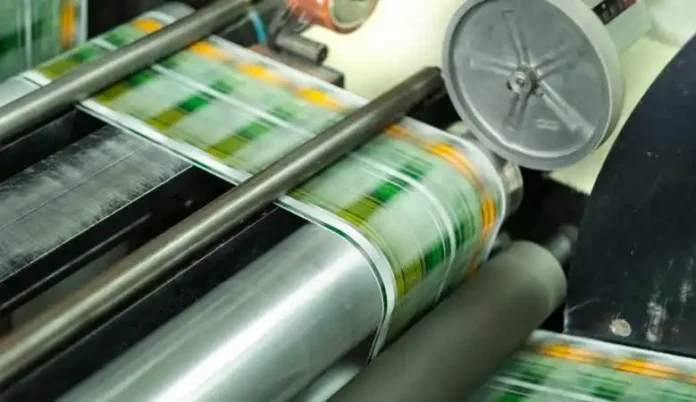In a global market that loses billions of dollars annually to counterfeit goods, the need for advanced and reliable anti-counterfeiting measures has never been more critical. Industries ranging from pharmaceuticals to luxury goods are bearing the brunt of these fraudulent practices, affecting revenue as well as consumer trust and safety. Among the promising solutions emerging to combat this issue are micro-printed labels, offering a blend of innovation and security designed to thwart counterfeiters effectively.
Micro-printing involves creating extremely small text or intricate patterns on labels, often invisible to the naked eye and only detectable under magnification. This technique utilizes state-of-the-art, high-resolution printing technology that can produce fine details difficult for counterfeiters to replicate accurately. The advantages of micro-printing include:
1. High Security: The primary advantage of micro-printed labels is their complexity and precision, which make them incredibly challenging to counterfeit. The unique micro-patterns can be customized for each product, adding an extra layer of security.
2. Cost-Effective: Compared to other anti-counterfeiting technologies like sophisticated holograms or advanced RFID (Radio-Frequency Identification) tags, micro-printed labels are relatively inexpensive to produce and implement, making them accessible for a broader range of products and companies.
3. Versatility: Micro-printed labels can be applied to a wide range of products, including a sticker sheet, offering a versatile solution for various industries seeking robust anti-counterfeiting measures.
Micro-printed labels can be combined with other security technologies such as QR codes, holograms, and RFID tags to create a multi-layered defense against counterfeiting. This integration enhances security and adds value to the consumer by improving product traceability and authenticity checks.
Application in Various Industries
The adaptability of micro-printed labels means they can be specifically tailored to meet the unique challenges of various sectors. By embedding these labels into their products, companies across different industries can significantly bolster their defenses against the pervasive threat of counterfeiting.
Pharmaceuticals: Micro-printed labels help ensure the authenticity of medications, crucial for patient safety and trust in pharmaceutical companies.
Electronics: In an industry plagued by counterfeit components that can lead to device failure or safety hazards, micro-printed labels offer a method to ensure component authenticity.
Luxury Goods: For luxury brands, the damage caused by counterfeit goods extends beyond financial loss to include brand dilution and lost consumer trust. Micro-printing helps maintain brand integrity and ensures customers the product they purchase is genuine.
Despite their advantages, implementing micro-printed labels comes with challenges. The initial setup requires intricate design and high-resolution printing capabilities, which may involve upfront investment in specialized equipment and training. Additionally, as counterfeiters continually evolve their methods, companies must stay ahead through continuous innovation and adaptation of their anti-counterfeiting measures.
Implementing a Strategic Response to Counterfeiting
As companies consider integrating micro-printed labels into their operations, it is essential to begin with a strategic evaluation of their current systems. This approach ensures that the adoption of new technologies is both effective and aligned with broader anti-counterfeiting measures.
Assess Vulnerabilities: Companies should first identify the most vulnerable areas of their supply chain and determine where micro-printing could be most effectively applied.
Evaluate Compatibility: Assess how micro-printing can be integrated with existing packaging designs or what modifications are necessary to accommodate this technology.
Invest in Training: Effective implementation of micro-printed labels requires that staff understand the technology and are skilled in its application and management.
Monitor and Adapt: Constant vigilance is necessary to stay ahead of counterfeiters. Regularly updating security measures and adapting new technologies are crucial steps in maintaining the efficacy of anti-counterfeiting strategies.
Micro-printed labels offer substantial potential to enhance the security of products across various industries. When integrated into a comprehensive anti-counterfeiting strategy, they deter counterfeiting while bolstering consumer confidence and protecting brand reputation. As we continue to battle the rising tide of counterfeit goods, innovations like micro-printed labels stand out as essential tools in the global fight for authenticity and security.

Marcus McConnell, co-owner of Sticker Mountain, brings financial acumen and hands-on experience to the forefront of the sticker and label printing industry. A former baseball player with a love for fly fishing and coaching, his commitment to excellence and privacy shapes the company’s approach to delivering high-quality products, sticker sheet, and personalized service.










![Imginn Instagram Story and Photos Anonymous Viewer Tool [Free] Imginn](https://www.iblogtech.com/wp-content/uploads/2023/09/imginn-150x150.webp)



